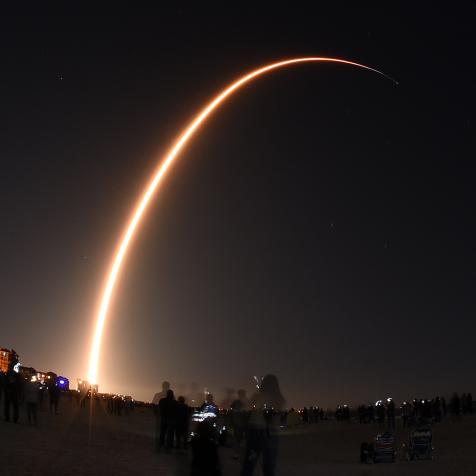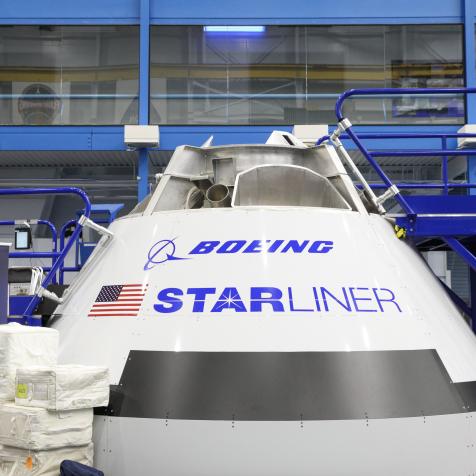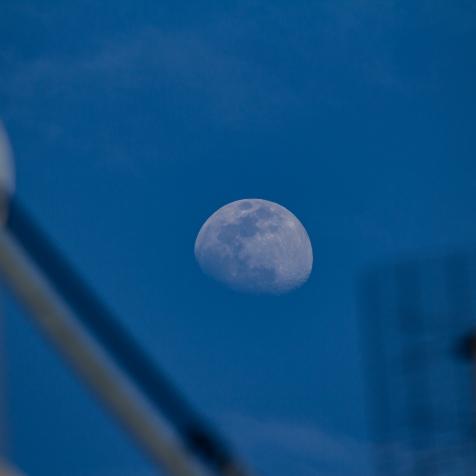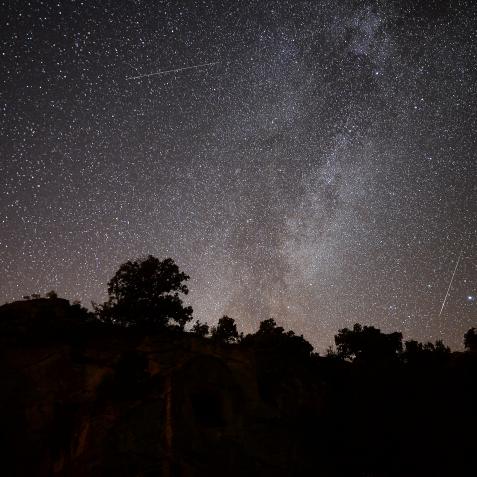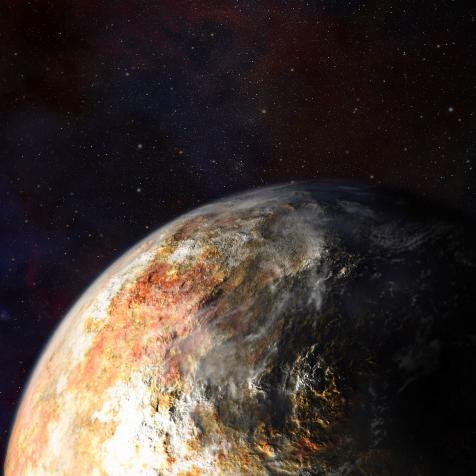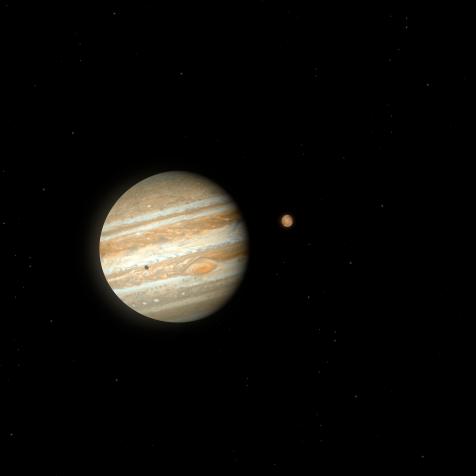
Science Photo Library - MEHAU KULYK.
The 2020 Planetary Primaries

What’s your favorite planet? Before you decide, here are some key facts about each of the candidates.
Welcome to the planetary primaries. Without further ado, let's meet the candidates.

The Rocky Planet Party
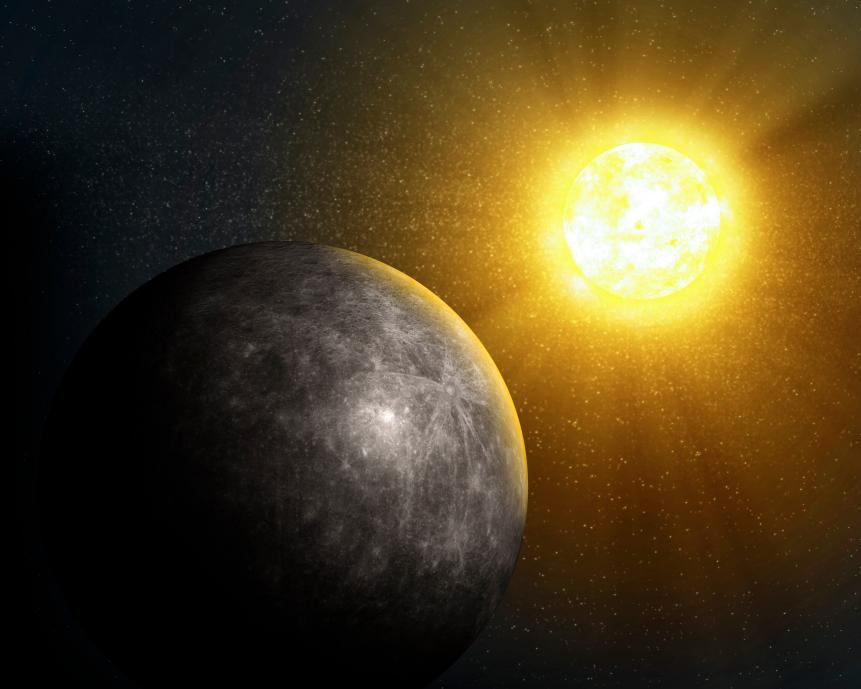
Science Photo Library - ANDRZEJ WOJCICKI
Mercury: Don’t let its size fool you! Despite being the smallest planet in the solar system, pound for pound Mercury is the fastest of them all, whipping around the sun at a blazing 107,000 miles per hour. The closest planet to the sun, Mercury is all about action: while other planets talk, Mercury acts.
Venus: When it comes to climate change, no other planet understands the importance of the issue than Venus. A runaway greenhouse event caused Venus to turn itself inside out billions of years ago. Now surrounded by a thick, choking, dense atmosphere of poisonous carbon dioxide and sulfur, with surface temperatures high enough to melt lead, if you want a candidate equipped to handle hot-button issues, look no further than Earth’s sister.
Earth: Once again the leading candidate in preliminary polls, same as the last 3.7 billion years, ever since life first appeared in her oceans. Teaming with warmth, vitality, and precious liquid water, Earth is the planet that most understands...you.
Mars: Quiet. Calm. Dignified. While all the other rocky planets shout and argue - and get downright messy - Mars stays cool and collected. Smaller than the Earth, it lost its atmosphere and oceans (and any possibility for life) long ago. Now, the red planet only speaks when it has something to say. Mars: the smart solution for the 21st century.
The Giant Planet Party
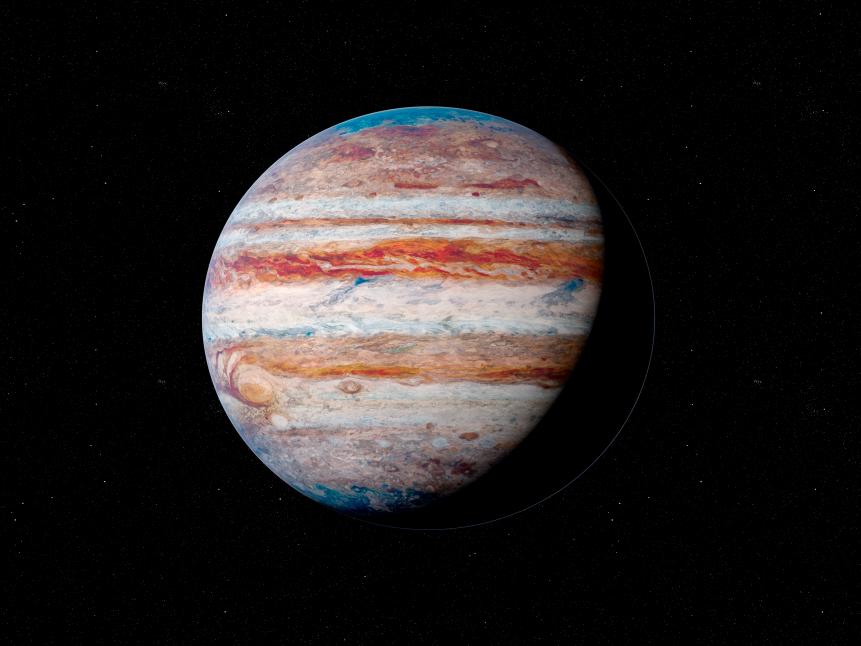
SCIEPRO/SCIENCE PHOTO LIBRARY
Jupiter: Why vote for a president when you can have a king? By far the biggest planet in the solar system, Jupiter is over twice as large as all the other planets in the solar system...combined. Jupiter is so influential that its gravity is capable of making the sun noticeably wobble. If you want to make an impact, go big. Go Jupiter.
Saturn: More rings. More moons. More gas. There’s plenty for everybody when you vote for the ringed giant. With more moons than any other planet in the solar system, and by far the most spectacular set of rings amongst all the other giant planets, splendid Saturn has it all, and it’s ready to share.
Uranus: Tired of the same talking points from the same planetary politicians? Why don’t you vote for the candidate with a different point of view. Uranus is tilted on its orbit so far that it spends half the year with its north pole pointing straight at the sun. You won’t get that kind of perspective from any of the other candidates. Vote different - vote Uranus.
Neptune: Farthest of the major planets, the guardian of the outer edges of the solar system, Neptune has shepherded and shaped the icy remnants of the formation of the solar system for billions of years. When you’re too far from the sun, you look to Neptune for guidance. The Kuiper belt has trusted Neptune for ages, and now it’s your turn.
The Dwarf Planet Party
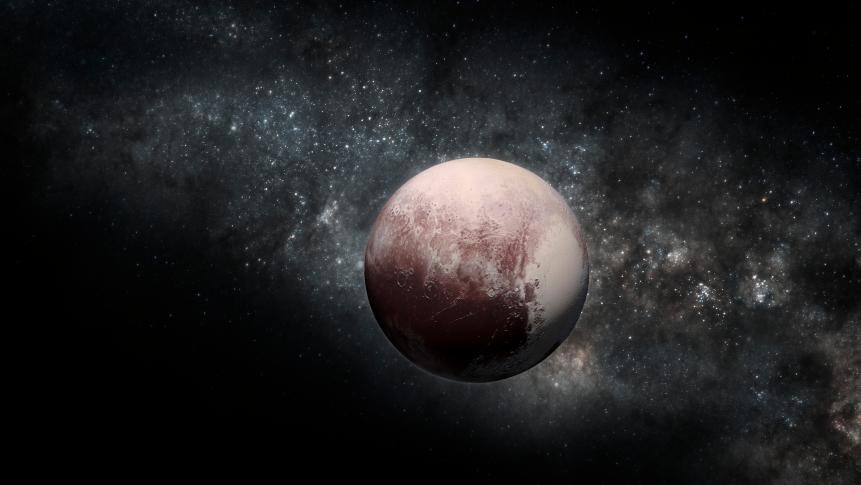
HYPERSPHERE/SCIENCE PHOTO LIBRARY
Pluto: The only candidate running in the Dwarf Planet Party (Ceres and Sedna dropped out of the race due to fractured political infighting), Pluto will unfortunately not be appearing in any public debates, as experts continue to argue over whether it’s really a planet or not. But still, Pluto struggles onwards, fighting for a spot ever since its discovery in 1930. A strange orbit. A strange surface. A strange moon, its running mate Charon. Pluto, the unlikely candidate, just wants to be recognized.
Your Vote Counts!
You can vote for your favorite planet over on Science Channel's Facebook Page.












